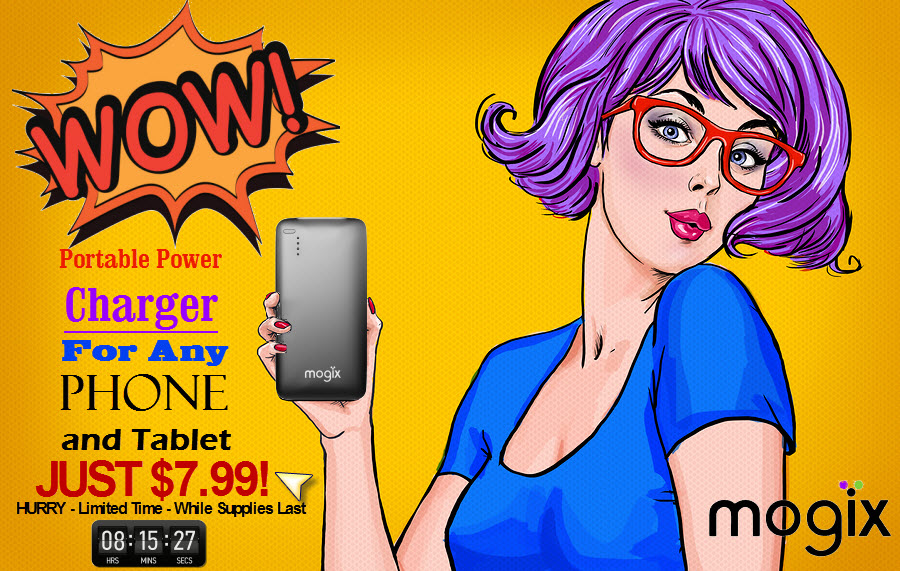The virtual reality headset from Microsoft will be $3,000 and is being made available for pre-order.
Microsoft has now announced that the developer version of its HoloLens virtual reality headset is going to start to ship on March 30, and that it will be sold at a launch price of $3,000.
This will be occurring at a very similar time to the launch of the Oculus VR device from Facebook.
The major difference is that it will be the consumer version of the Oculus that will be released, whereas the HoloLens will be exclusively for developers. The Oculus Rift virtual reality headset will be shipping for $600. That said, while they are both meant to provide users with a VR experience, these two headsets are designed to be quite different. For example, the HoloLens is meant to allow for a more augmented reality experience, where the user will continue to see the real world surrounding him or her and will see three dimensional digital objects overtop of what is already there.
The Oculus Rift is meant to provide a more virtual reality experience compared to the HoloLens augmented reality.
 The Oculus Rift has been designed to block out the view of the surrounding environment so that an entirely digital, 360 degree three dimensional universe can replace it. The Rift, however, must be tethered to a separate computer, whereas the HoloLens operates on its own, based on Windows 10.
The Oculus Rift has been designed to block out the view of the surrounding environment so that an entirely digital, 360 degree three dimensional universe can replace it. The Rift, however, must be tethered to a separate computer, whereas the HoloLens operates on its own, based on Windows 10.
Microsoft’s version runs with a custom-built chip that was created for use on an Intel platform. It will also provide users with the ability to record HD video that will not only include the image of the real world, but that will also allow for a digital overlay of holographs. In this way, the user’s view can be shared with other people who don’t actually have the device.
These two major players will clearly become fast rivals in the augmented and virtual reality markets, which remains in its infancy. It will be interesting to watch the progress they make as consumers first get their hands on one device and as developers start to tinker with the other.


